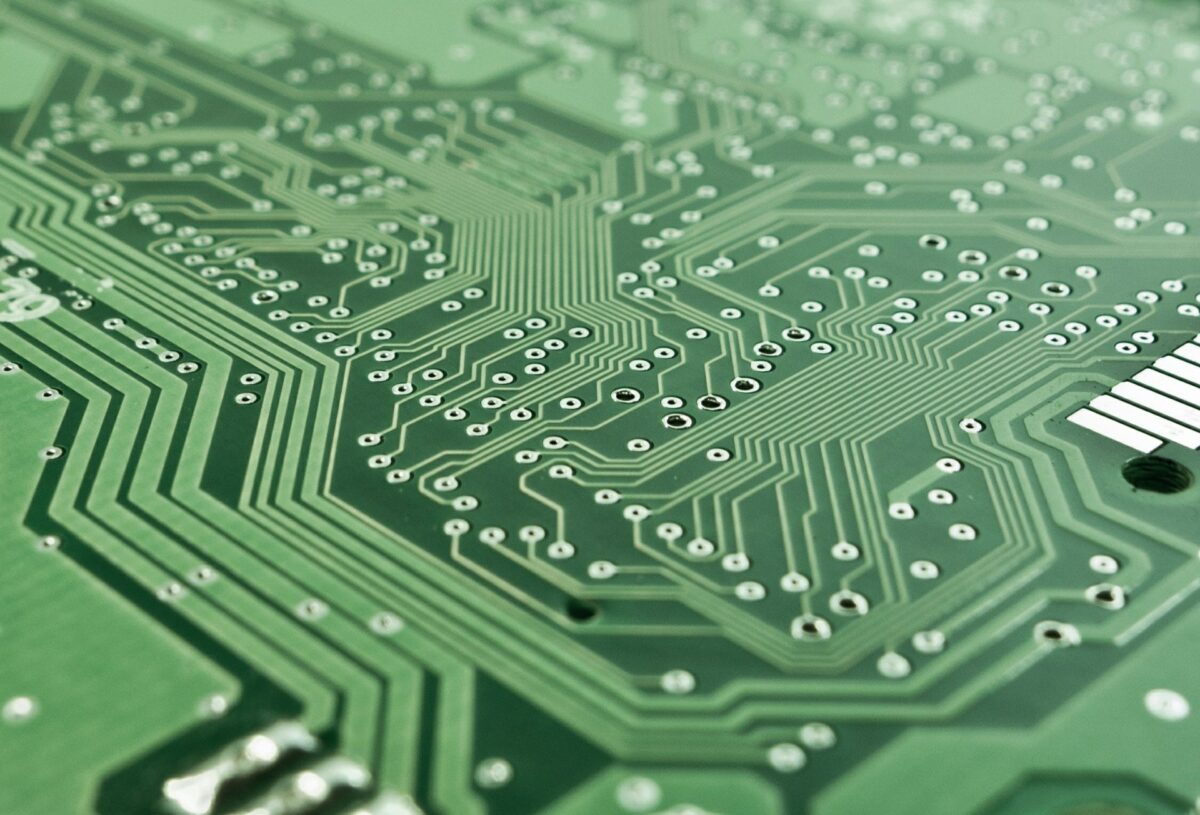What are GaN and SiC?
Silicon will eventually go out of fashion, and companies are currently heavily investing in finding its protégé. Gallium Nitride (GaN) and Silicon Carbide (SiC) are two semiconductors that are marked as being possible replacements.
Compound semiconductors
Both materials contain more than one element, so they are given the name compound semiconductors. They are also both wide bandgap semiconductors, which means they are more durable and capable of higher performance than their predecessor Silicon (Si).
Could they replace Silicon?
SiC and GaN both have some properties that are superior to Si, and they’re more durable when it comes to higher voltages.
The bandgap of GaN is 3.2eV and SiC has a bandgap of 3.4eV, compared to Si which has a bandgap of only 1.1eV. This gives the two compounds an advantage but would be a downside when it comes to lower voltages.
Again, both GaN and SiC have a greater breakdown field strength than the current semiconductor staple, ten times better than Si. Electron mobility of the two materials, however, is drastically different from each other and from Silicon.
Main advantages of GaN
GaN can be grown by spraying a gaseous raw material onto a substrate, and one such substrate is silicon. This bypasses the need for any specialist manufacturing equipment being produced as the technology is already in place to produce Si.
The electron mobility of GaN is higher than both SiC and Si and can be manufactured at a lower cost than Si, and so produces transistors and integrated circuits with a faster switching speed and lower resistance.
There is always a downside, though, and GaN’s is the low thermal conductivity. GaN can only reach around 60% of SiC’s thermal conductivity which, although still excellent, could end up being a problem for designers.
Is SiC better?
As we’ve just mentioned, SiC has a higher thermal conductivity than its counterpart, which means it would outlast GaN at a higher heat.
SiC also has more versatility than GaN in what type of semiconductor it can become. The doping of SiC can be performed with phosphorous or nitrogen for an N-type semiconductor, or aluminium for a P-type semiconductor.
SiC is considered to be superior in terms of material quality progress, and the wafers have been produced to a bigger size than that of GaN. SiC on SiC wafers beat GaN on SiC wafers in terms of cost too.
SiC is mainly used for Schottky diodes and FET or MOSFET transistors to make converters, inverters, power supplies, battery chargers and motor control systems.

